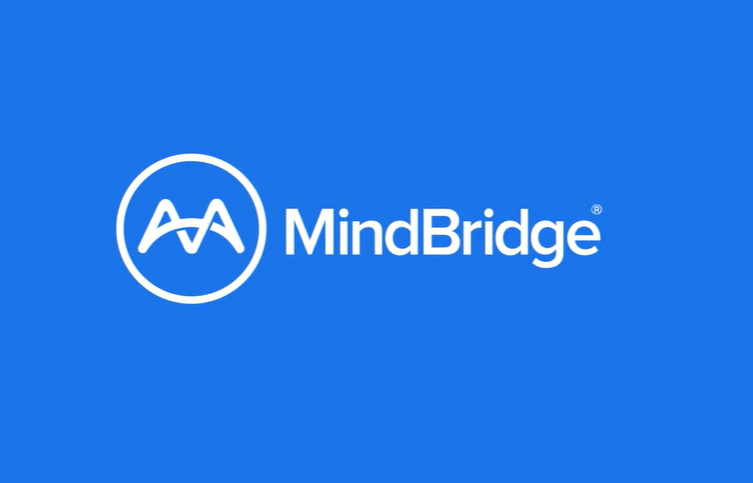Small business owners and other self-employed individuals often earn great rewards for their hard work, but they also face risks that regular employees don’t. From disasters to unpaid invoices, to legal issues and retirement… entrepreneurship isn’t for everyone.
A a new survey from online accounting software maker FreshBooks shines a light on the challenges, trade-offs and mindset of small business owners.
The survey, “Self-Employed Professionals and Small Business Owners in America: The Rewards and Challenges of Career Independence,” examines key considerations for small business owners, including finances, politics, outsourcing, sales/prospecting and family life, and how these can impact their ability to grow and thrive. The survey also revealed that the majority (7 in 10) of self-employed individuals have no intention of returning to traditional employment and intend to grow their business.
“In the next five years, self-employed professionals will make up nearly half of the U.S. workforce, yet everything from health care to America’s tax code cater to larger businesses,” said Mike McDerment, CEO at FreshBooks. “To better serve this market, it’s important to understand it. The study is the first of its kind, and sheds light on the motivations, mindsets and challenges of self-employed Americans. In sharing it, we hope it will inspire change that benefits this fragmented, but enormous group.”
The survey of 1,700 services-focused self-employed professionals and small business owners in the U.S., examined seven categories that have a direct impact on running a small business, including safety net, politics, finance, outsourcing, sales/prospecting, family life and professional development. Survey highlights include:
Many Self-Employed Professionals Fly Without a (Social) Safety Net
- Small businesses are unprepared should disasters strike.
o 51% said they are unprepared should a large invoice not get paid; 48% said they are unprepared should the business get sued and 39% are unprepared should they suffer a disability/can’t run their business.
o An alarming proportion, 42%, are doing nothing about their retirement despite a median age close to 50 yrs; a similar proportion are without life insurance.
Small Business Owners are Politically Engaged but Not Yet Organized
- No clear party preference: Political affiliation is divided among small business owners.
o 82% of self-employed said they vote all the time in political elections however only 24% say primary voting consideration is a candidate’s small business platform.
o 22% would change affiliation for a party more supportive of small business.
o Less than 10% have changed party affiliations since becoming an entrepreneur.
- Independent professionals aren’t necessarily clamoring for governments to step in and offer them more safeguards and/or supports.
o 40% want somewhat higher taxes and getting similar public supports that employees have and 60% want minimal taxes with minimal support from public programs for their business or self-employment.
- Entrepreneurs are clearly looking for government to focus on health care with more than half ranking it first or second among a list of proposed small business policies.
How Independent Professionals and Small Business Owners Manage Their Finances
- Self-employed professionals learn the financial ropes as they go.
o Almost half (46%) say they should be managing their money better; 28% have already made financial mistakes and 28% say managing business keeps them up at night.
o That said, 70% say they’re better money managers – in business and personal affairs – than they were prior to self-employment.
- Small business needs and big bank offerings: Not the best fit?
o 25% have been rejected as borrowers because of their occupational status.
o 52% said big banks aren’t designed to serve the needs of small business.
o 54% said when it comes to financing, they wish there were more alternatives to big banks.
Independent Professionals are Jacks of Many Trades, Masters of Some?
- Few self-employed professionals outsource for a variety of business support services, despite a lack of in-house expertise.
o 30%-60% are taking a Do-It-Yourself approach for services which they have no internal expertise, such as digital marketing, information technology, or social media.
- Independent professionals hire other independent professionals to boost independent work economy
o 66% of those surveyed simply prefer working with other small businesses.
o Just over half agree they “sometimes get out of paying for professional services by finding ‘other’ solutions.”
A Balancing Act: Independent Work and Family
- Independent professionals seek and find work-life balance.
o 2 out of 3 surveyed agreed that self-employment would be tough without a supportive partner.
o 56% report it has become easier to find flexibility when they need to be there for family.
o Just under half, 46%, report that it’s easier to work the hours required to succeed.
o Close to half, 43%, report that it’s easier to make quality time with family.
o Among those with children, 42% say it’s now easier to assure that the kids have quality care.
Entrepreneurs at Risk of Selling Themselves Short, or Simply Not Selling Enough
- Independent professionals work today, sell tomorrow.
o 85% report business development is a challenge.
o 51% say they are too busy getting work done to sell.
o 37% dislike selling enough that they put it off.
- Independent professionals underutilize some of the most effective prospecting approaches
o Digital one-to-many sales and marketing practices (e.g., content and/or email marketing, blogs) are effective for small businesses but generally underutilized.
o Paid advertising appears to be overutilized compared with is relative effectiveness among other prospecting opportunities.
- Independent professionals can generally articulate their value proposition(s) with great confidence but almost half surveyed are less than sure about the rates they charge.
o 26% lost jobs because the client perceived their rates to be too high.
o 27% have deliberately undercharged to ensure they’re perceived as offering good value.
o That said, 40% have been confident enough in the past to turn down work that undervalued their services.
This study was sponsored by FreshBooks and led by Ellen Eastwood – an independent market research professional. More than 1,700 self-employed professionals and small business owners were surveyed online between Dec 1-16, 2016. This group is defined as those with fewer than 10 employees, and only those individuals earning a meaningful portion of their personal income via self-employment. Participants include both FreshBooks customers and non-customers in the United States. Samples have been weighted to reflect various characteristics of the target population (including age, gender and industry) leveraging data from the U.S. Small Business Administration, the NAICS Association and other sources. In aggregate, the study has a margin of error of +/- 2% at 95% confidence.
Thanks for reading CPA Practice Advisor!
Subscribe Already registered? Log In
Need more information? Read the FAQs




